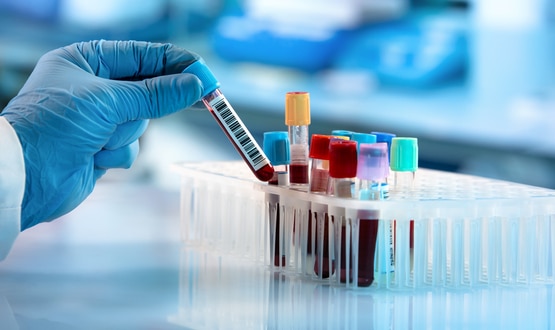London North West University Healthcare goes paperless with MediViewer
- 4 January 2023

London North West University Healthcare NHS Trust (LNWH) has become entirely paperless following the completion of a two-year project to digitise 210,000 patient records.
Using IMMJ Systems’ MediViewer, an electronic document management (EDM) solution built specifically for UK healthcare, clinical staff at the trust are now able to access patient information at the touch of a button, replacing a paper system dating back more than half a century.
The system allows the hospital to scan, index and archive paper medical records which can then be accessed by healthcare professionals through a fast, intuitive touchscreen used interface from anywhere.
It will improve efficiency and patient care and will save the trust more than £10 million in storage space and associated costs during the next five years.
Deputy chief executive at LNWH, Simon Crawford, said that “it’s been a long and momentous journey” and praised the medical records team for their work during the project.
Digitising so many patient records was completed following collaboration between the public and private sectors, which included scanning more than 54 million pages of notes and securely hosting 108 million medical images.
Mary Cahill, associate director of digital service delivery at LNWH, said: “It was a huge team effort and everyone involved should be proud of themselves.
“The icing on the cake is my team successfully applied for higher banded roles elsewhere in the trust and within medical records.”
LNWH is not the only trust to choose MediViewer, as it was rolled out last year at the Hillingdon Hospitals NHS Foundation Trust across 10 clinical specialities in a bid to digitise patient records.
Leeds and York Partnership also awarded a 10-year contract to IMMJ Systems in August 2022 to provide an electronic document management system (EDMS), forming part of a major project to digitise medical records, much like the one at LNWH.





4 Comments
Don’t ever underestimate the effort needed to wrestle paper records from a clinicians hands.
Would be interested to read more about this implementation
So are they not creating any new notes? Have they scanned all history ie even deceased ?
Seems like half a story
Initial scanning is for active or likely-to-be-active notes.
Inactive notes are stored off-site and then scanned on demand only if/when needed.
Scanning the whole library is prohibitive in cost and for 80% of records unnecessary
There are some new notes created (until Cerner is implemented) and these are scanned straight away.
This is the most cost effective approach
Huge congratulations to Mary and her team in achieving this – well supported by IMMJ, EDM Group and of course Apira. I had the pleasure of a tour of the library a few weeks ago and it was quite amazing to see it empty!
Well done all.
Comments are closed.